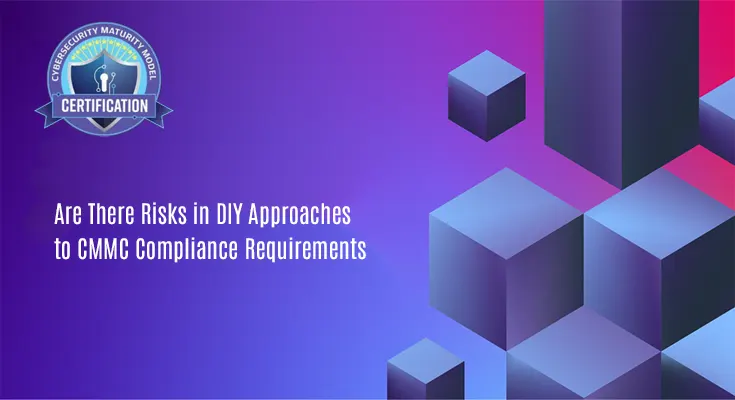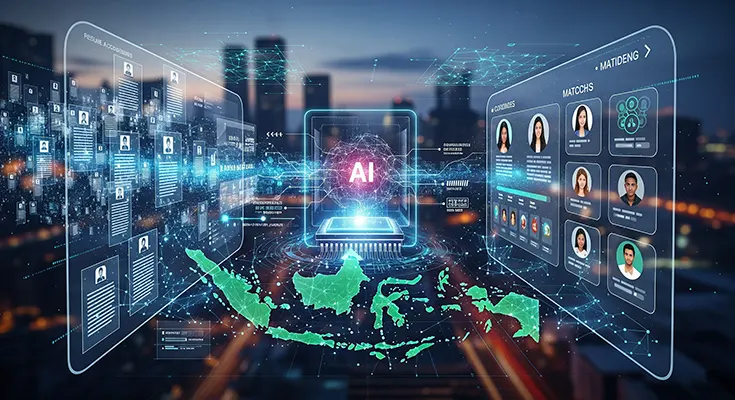
Transforming the Recruitment Experience: The Role of AI Chatbots in Automating Interview Scheduling and Candidate Communication
In an era of increasingly fierce talent competition, companies in Indonesia are racing to attract and retain top talent. However, one of the biggest obstacles in the recruitment process is time-consuming and repetitive communication, especially when it comes to scheduling interviews. Swapping emails to find a time that works with the calendars of recruiters, hiring managers, and candidates is a slow and frustrating process, often causing high-quality candidates to move on to other companies with faster turnaround times.
This is where conversational AI chatbots for automating interview scheduling and candidate communication come in as a revolutionary solution.These intelligent tools transform static, reactive recruitment interactions into dynamic, efficient, candidate-centric processes.
Challenges of Conventional Communication in Recruitment
Traditional recruitment processes face several significant drawbacks:
- Candidate Ghosting: A lack of prompt communication after an application is submitted often leaves candidates feeling ignored. This can damage the company’s image and cause candidates to lose





